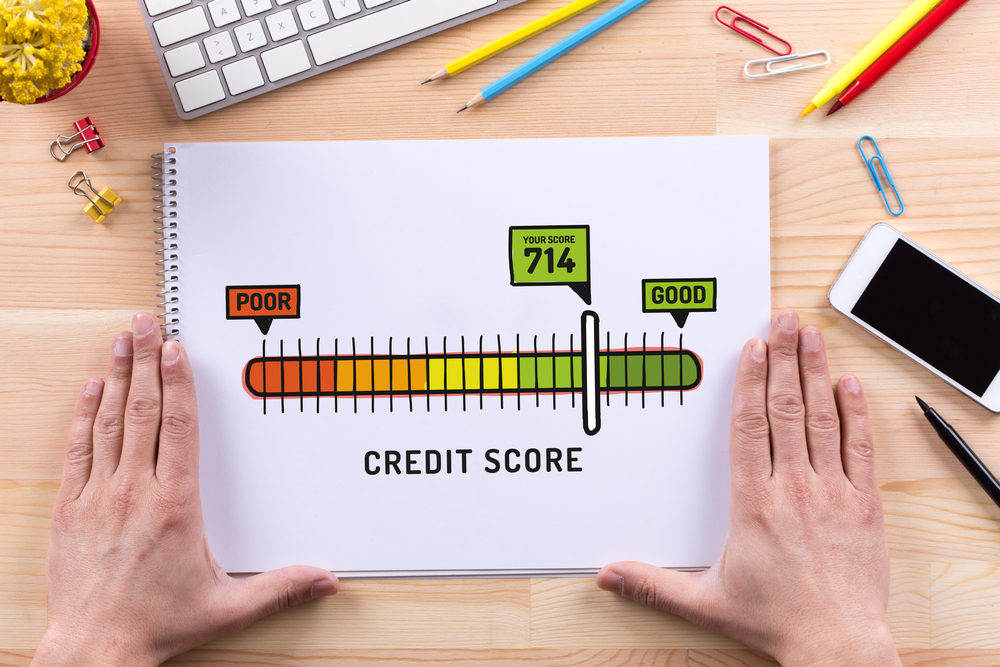Credit reports and scores are essential to financial health of any economy. Its primary use is to help financial institutions use the information provided in the report to assess the credit standing of an individual prior to issuing individuals any credit products (credit cards, personal loans and so on).
Al Etihad Credit Bureau is the entity which provides credit reports to consumers and financial institutions in the UAE.
As an individual it is beneficial to have a good credit score as this will not only ensure that your chances of getting a credit card or loan (personal loan, auto loan, home loan) etc. are increased but, almost more importantly can help you save money as banks frequently give better terms (lower interest rates, higher loan amounts etc.) to individuals with better credit scores.
In this article we will help you better understand credit reports.
Components of a Credit Report
Financial Liabilities – Financial institutions are required to provide details of credit facilities such as credit cards, personal loans, mortgage loans etc., to the UAE Credit Bureau. Details such as assigned credit limits, utilized limits on credit cards, payments made, delayed payments, returned/bounced checks, loan amounts issued, outstanding balances, age of the loan/credit card, active status, police case history and so on are some of the key data points shared. In addition, the below details are also shared with the credit bureau:
Employment Details: Employer Name, Income, Date of Employment are a few details pertaining to employment
Addresses: Residence address, emirate, contact details including mobile numbers and email ids.
Personal Identification – Emirates Id number, Passport Number, Date of Birth etc.,
The Al Etihad Credit Bureau (AECB) manages the process of collating the information received from all financial institutions (as well as some other non-financial entities such as telecom and utilities providers) and summarizing this at an individual customer level.
These details are structured in a systematic and easily readable format which the financial institutions can access in assessing the credit worthiness of potential customers.
What is a credit score and why is it important?
Credit score is a three- digit number which is assigned by the credit bureau based on various variables such as number of loans, repayments, delayed payments, credit utilization and so on. Credit scores range from 300 to 900, higher the better from a financial health perspective.
The credit score is an indicator of a customer’s financial profile and it is important to note that quite a few banks have moved to offer credit score-based features (interest rate, loan amounts etc.) to their customers. This means you will get more beneficial terms the higher your credit score .
So, what is the mantra to maintain a healthy credit score?
Below are some simple disciplined practices one needs to follow:
- Do not hold too many credit cards. Find out the best credit cards for “You” and stick with it. Close the ones which are not suitable for you or you carry but don’t use too often. Use Soulwallet’s “Best Fit Credit Cards Tool” to find out how good your credit card isyou’re your individual spend patterns and other requirements.
- Ensure payments are made on time. And whenever possible, in full. This is the most important aspect and has a significant weightage in one’s score. Missing payments is a huge no-no and will definitely adversely impact your credit score. Remember the golden rule – “only borrow what you can afford to repay”!
- Avoid going over the credit limiton your credit card.
- Try and stay below 40% of your credit utilization. If you have a credit limit of AED 10,000 and your current credit card balance outstanding is AED 4,000, your utilization rate is 40%. The lower the better.
- Keep copies of your bank clearance letters for records, there are possibilities that one might have to provide them to have the details amended (if they still show up on the credit report).
Please note – credit scores are not carved in stone, it is a dynamic and ever-changing variable, updated periodically when inputs are received from banks and financial institutions.
Credit scores take a significant time and effort to improve and, in this case, we would clearly recommend that prevention is better than cure.
How and where can I get my credit report?
For individuals the best recommended option is to download the AECB (Al Etihad credit bureau) app on the mobile phone via Google play or the IOS App store and download the report or score. Note, the charges are much lower to download the report online rather than by visiting an AECB branch. Click here to find more details.
Takeaway
Soulwallet strongly recommends you to compare products through a neutral and unbiased comparison site before you make a financial decision which can be as simple as signing up for a credit card in UAE.
Most UAE residents at some point or the other will need to explore options to avail credit facilities from a financial institution. The reasons could be as simple as managing to pay an annual school fee or to cover an unexpected medical expense. Having a good credit score can not only make the process of getting a loan much simpler but can also potentially help one save thousands of dirhams (a simple example is the money saved through a lower interest rate offered on your personal loan in UAE based on a good credit score).


